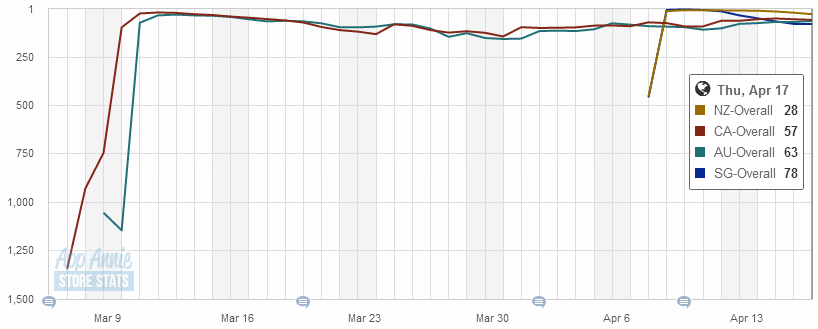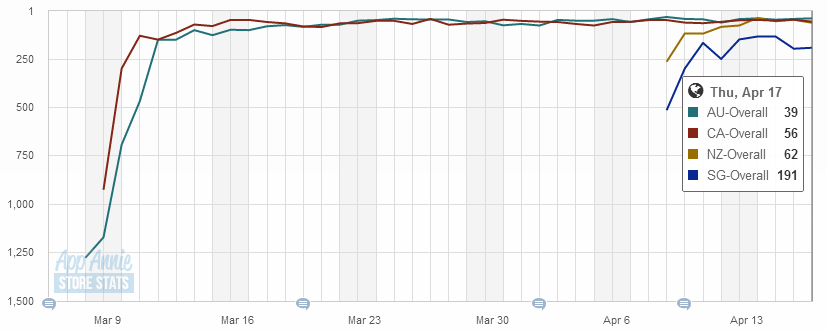The day of stellar releases continues. Zynga’s cash Facebook blockbuster has been released on the App Store and Google Play today.
The success of FarmVille 2 on Facebook is comparable to the success of Clash of Clans on mobile platforms. For a long time, the game was the highest-grossing application of Zuckerberg’s social network, until it lost the palm to Candy Crush. Today, the Facebook project is number 2 in revenue and number 15 in MAU, which is more than 18 million.
Mobile FarmVille 2 is made on the Unity engine, its sessions, according to the developers, are shorter than the desktop version. The concept of the novelty is also somewhat different from the original game. If in the browser version the player took care of a large farm, then in the “mobile” under the command of the user “house by the sea”.
There are high hopes for FarmVille 2 in the current Zynga. The problem is that the niche of FarmVille 2, released on mobile platforms under the title Country Escape, on the App Store and Google Play today is occupied by Hay Day. The developers of the latter, by the way, drew their ideas and inspiration from the first part of FarmVille.
The game has previously been released in New Zealand, Australia, Canada and Singapore.
Dynamics of the position of FarmVille 2: Country Escape in the free iPhone App Store tops of New Zealand, Australia, Canada and Singapore (App Annie)Dynamics of the position of FarmVille 2: Country Escape in the box office tops of the iPhone App Store in New Zealand, Australia, Canada and Singapore (App Annie)
Zynga is a pioneer company in the social gaming market.
It was founded in 2007. Osovny capital earned on Texas Hold’em Poker (now Zynga Poker). In 2008, she collected investments for $29 million, which allowed her to acquire MyMiniLife, at that moment, who had just finished the Farmville time manager. In 2011, Zynga successfully entered the IPO, raising more than $1 billion during the placement of shares. Then the company continued its policy of acquiring promising companies. This led to a severe drop in income. As a result, in the summer of 2014, the founder of the company, Mark Pincus, resigned as CEO, giving way to the former head of Microsoft’s entertainment division, Don Mattrick.




